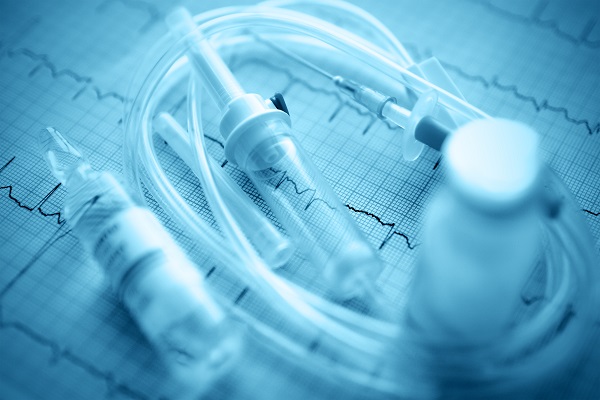After receiving Std treatment, it’s crucial to practice safe sex to prevent reinfection. This means using condoms consistently and correctly during all sexual activities, including oral, vaginal, and anal sex.
It’s also important to avoid sexual contact until you and your partner(s) have completed treatment and have been cleared by a healthcare provider. This helps ensure that the infection has been fully treated and reduces the risk of reinfection.
Communicating with Partners
Open and honest communication with your sexual partner(s) is essential in preventing reinfection after STD treatment. Inform them about your diagnosis and the importance of getting tested and treated.
Encourage your partner(s) to seek testing and treatment, even if they don’t have any symptoms. Many STDs can be asymptomatic, meaning that a person may be infected without showing any signs or symptoms.
Regular STD Testing
Regular STD testing is a key component of preventing reinfection after treatment. Even if you have completed treatment and have no symptoms, it’s important to get tested regularly, especially if you have multiple sexual partners.
The frequency of testing depends on various factors, such as your sexual activity, number of partners, and the specific STD. Consult with a healthcare provider to determine the appropriate testing schedule for your individual needs.

Maintaining Personal Hygiene
Maintaining good personal hygiene can help reduce the risk of reinfection after STD treatment. This includes washing your genitals before and after sexual activity, avoiding douching (for women), and urinating after sexual intercourse to flush out any bacteria.
It’s also important to avoid sharing personal items, such as towels or undergarments, with others to prevent the spread of infection.
Seeking Prompt Treatment for Reinfection
If you suspect that you may have been reinfected after STD treatment, it’s crucial to seek prompt medical attention. Don’t wait for symptoms to appear, as some STDs can cause serious health complications if left untreated.
Contact a healthcare provider or visit a clinic that specializes in STD testing and treatment. They can perform the necessary tests and provide appropriate treatment to help you manage the infection and prevent further spread.
Conclusion
Preventing reinfection after STD treatment requires a combination of safe sex practices, open communication with partners, regular testing, maintaining personal hygiene, and seeking prompt treatment if reinfection occurs. By following these steps, you can protect your sexual health and reduce the risk of complications associated with STDs.









